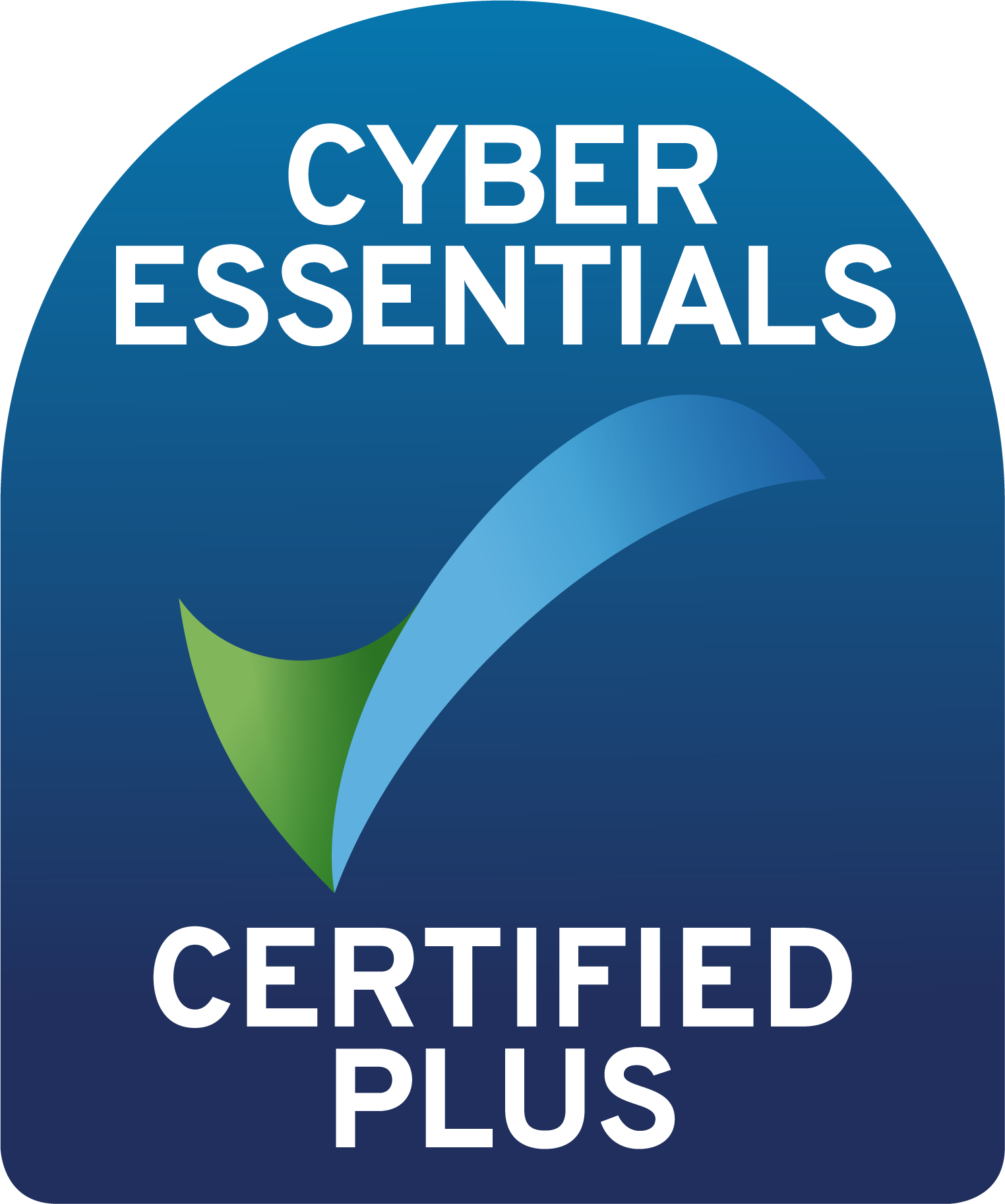Connect to the cloud with Equinix Cloud Exchange Fabric to AWS Direct Connect and Azure ExpressRoute
Multicloud has continued to be widely adopted by many businesses and understanding some of the private connectivity models available from both providers is also worthwhile exploring. These models incorporate Microsoft ExpressRoute and AWS Direct Connect services, which can in a number of cases increase bandwidth throughout to the cloud platform, reduce networking costs but is more commonly recognised for increasing predictability and encouraging a stable network performance when compared to standard internet services.
One of the main elements here is that particular data centre providers have the on-ramps to these cloud platforms and are able to deploy cross-connects to these providers making it easier to manage and maintain as well as keeping costs as low as possible – in essence, a Cloud Exchange.
For example, Vissensa’s partnership with Equinix allows us to utilise the Equinix Cloud Exchange Fabric in order to provide direct access to the major cloud providers connectivity such as Azure ExpressRoute, AWS Direct Connect, Google Interconnect and others. This allows customers the ability to deploy dedicated ports or virtual connections to these providers at a fraction of the cost of deploying a dedicated circuit into an on-premise location. Azure ExpressRoute pricing and AWS Direct Connect pricing via Equinix Cloud Exchange Fabric is detailed further below, but initially, we will discuss the variety of options available from both cloud providers.
AWS Direct Connect
When it comes to exploring AWS Direct Connect, there are some initial terminologies to be aware of, in particular, the virtual interfaces (VIFs) available to customers – which are Virtual Private Gateway, Direct Connect Gateway and Transit Gateway – alongside the physical port or circuit provisioned.
AWS Direct Connect Options:
Dedicated Connection – This is a physical connection dedicated to a particular customer, whereby the customer works with the data centre services provided, such as Vissensa, to provision a cross-connect from equipment to AWS. Ports available are 1Gbps or 10Gbps.
Hosted Connection – Again forms a physical connection that a Direct Connect Partner can provision for the customer, with available speeds from 50Mbps through to 10Gbps.
Hosted VIF – Provisioned as a virtual interface by the service provider, for example Vissensa, that owns the physical direct connect circuit provisioned in the data centre. The service provider may have a 10Gbps port provisioned and bandwidth can be shared across all virtual interfaces on the parent connection for their customers.
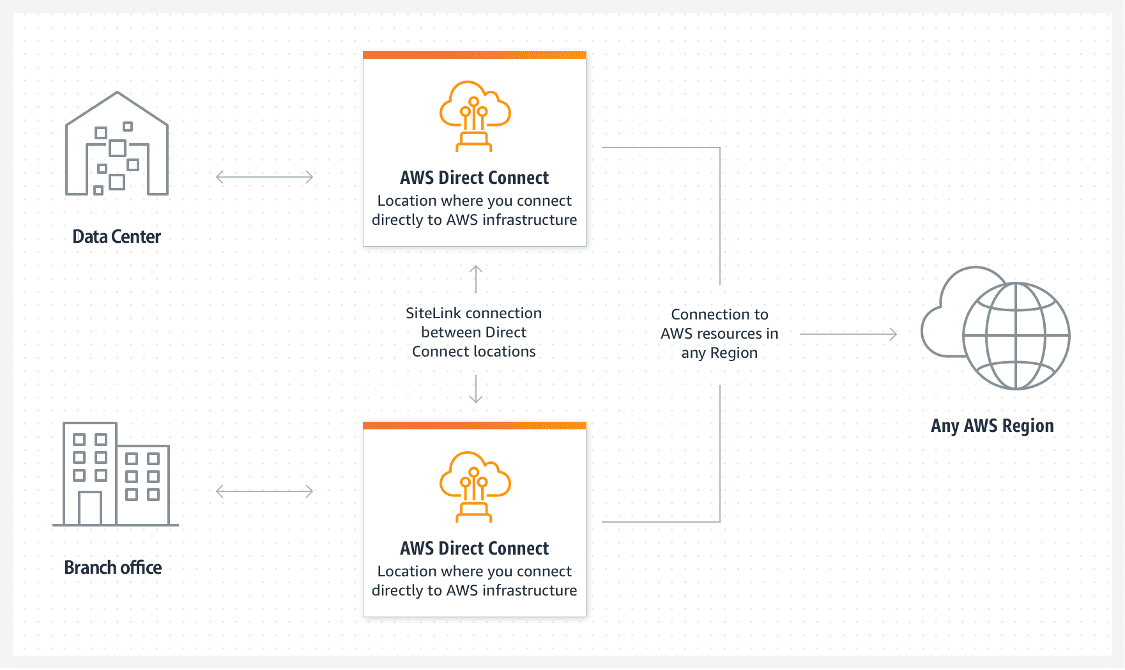

Azure ExpressRoute
When it comes to looking at Azure ExpressRoute, the main core elements remain the same when compared to AWS, whereby the peerings (either private or through Microsoft), VNet Gateways and physical ExpressRoute circuit is provisioned.
Azure ExpressRoute Options:
Azure ExpressRoute Direct – the customer effectively owns this port and is provided by Azure. The fibre cross-connects are ordered to the applicable data centre and supported port speeds are 10Gbps or 100Gbps
ExpressRoute Partner Model – the service provider, for example Vissensa, provisions a fibre cross-connect to the data centre deployment. Using these connections the customer can then create connections to Microsoft Azure in varying bandwidths from 50Mbps to 10Gbps.
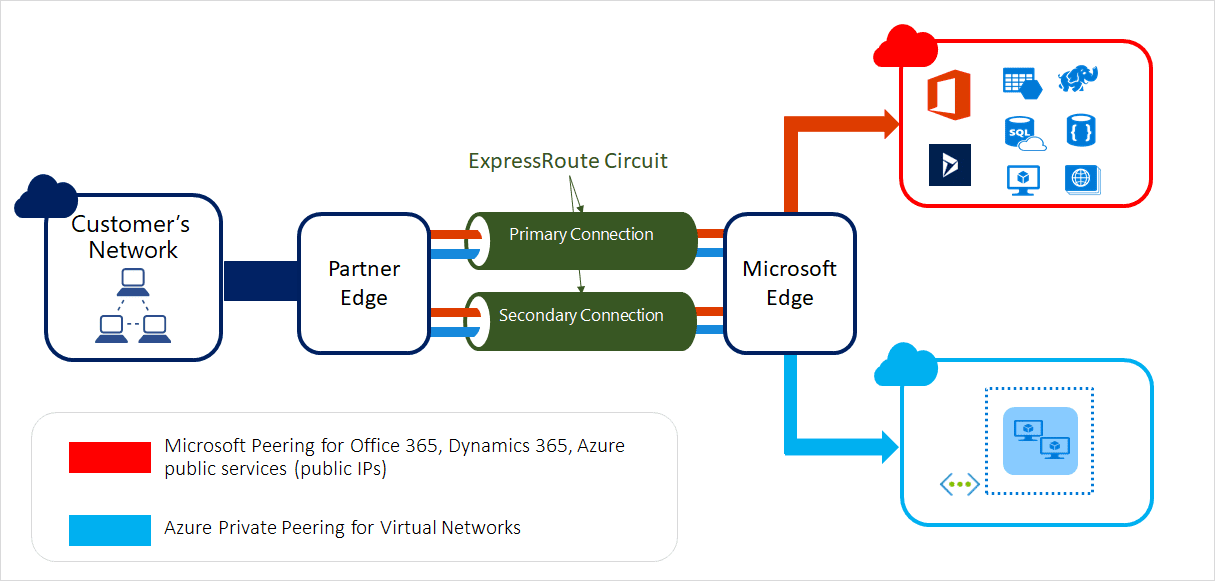

Equinix Cloud Exchange Fabric
Through using a provider like Vissensa, customers have the ability to provision an Equinix Cloud Exchange Fabric port which enables the ability to connect directly to AWS Direct Connect with scalable port speeds and bandwidth consumptions. Ports are available from 1 Gbps, 10 Gbps and 100 Gbps.
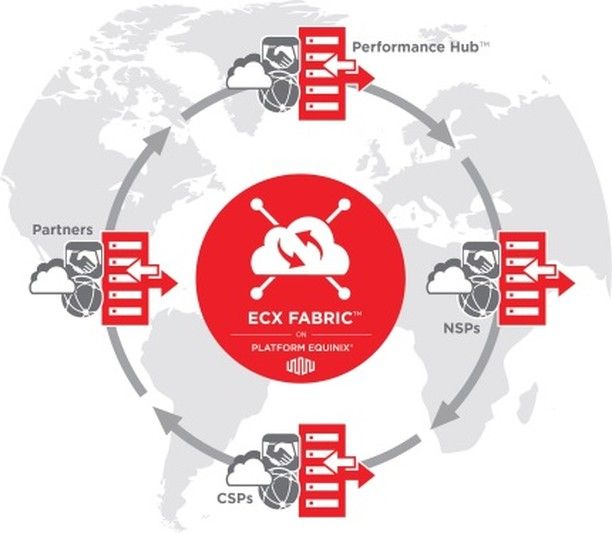

Equinix Cloud Exchange Fabric pricing options to add to AWS Direct Connect pricing, Azure ExpressRoute pricing and
The pricing below is always subject to change but is a guide that will allow you to understand the requirement to provision a relevant Azure ExpressRoute or AWS Direct Connect circuit. There are also options to consider based on Standard or Unlimited local connections via Equinix Cloud Exchange Fabric. If you require multiple connections to the public cloud then Equinix Cloud Exchange Fabric Unlimited would be the most applicable option.
Firstly, chose your Equinix Cloud Exchange Fabric option either standard or unlimited, with the bandwidth you require and then you will add the egress charges for Azure ExpressRoute and/or AWS Direct Connect. These prices are just some examples but they should give you an idea of costing.
Please be aware that the pricing above is based on simply provisioning the port for direct access to the cloud platform through the relevant Azure ExpressRoute or AWS Direct Connect via Equinix Cloud Exchange Fabric. This also takes into consideration either an Equinix Fabric Standard port for a single connection deployment or Equinix Fabric Unlimited deployment to provide multiple connections alongside the relevant data plan for each cloud provider. Additional charges may apply for outbound data transfers.
There are also different services on offer from both cloud providers when it comes to data transfers whereby there is the ability to utilise unlimited data plans under Microsoft Azure for example.
Give us a call to find out more:




